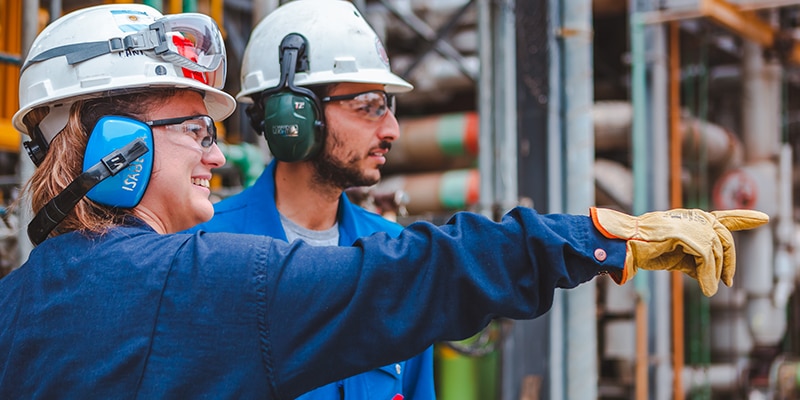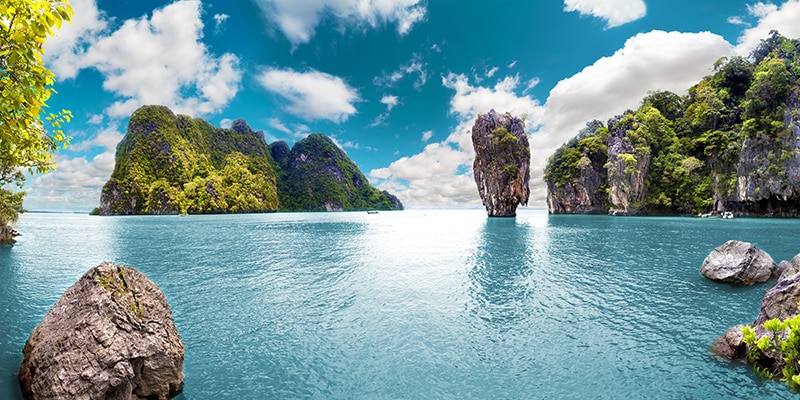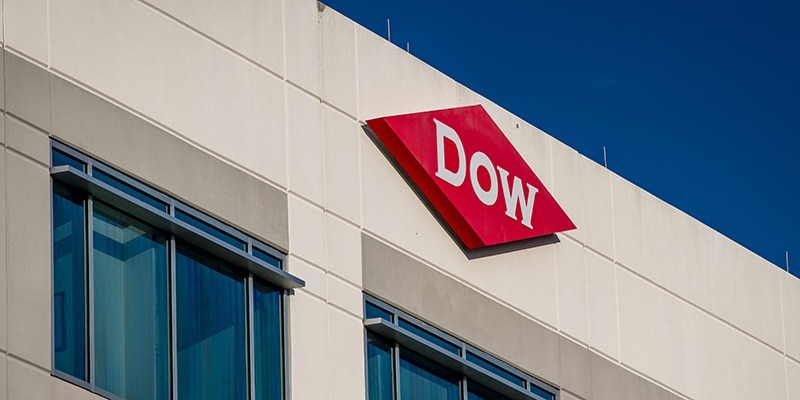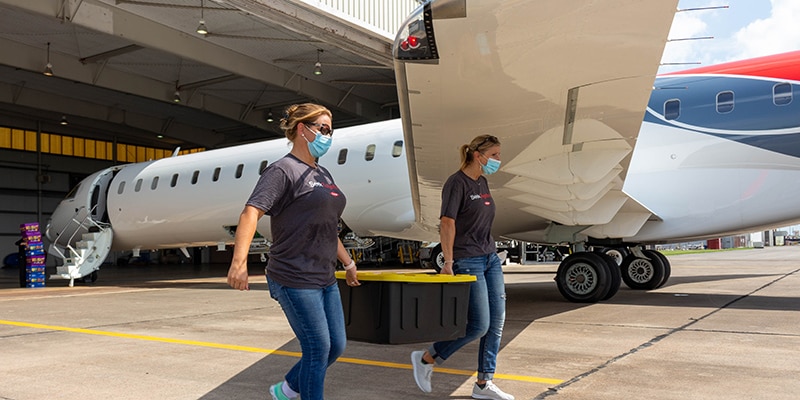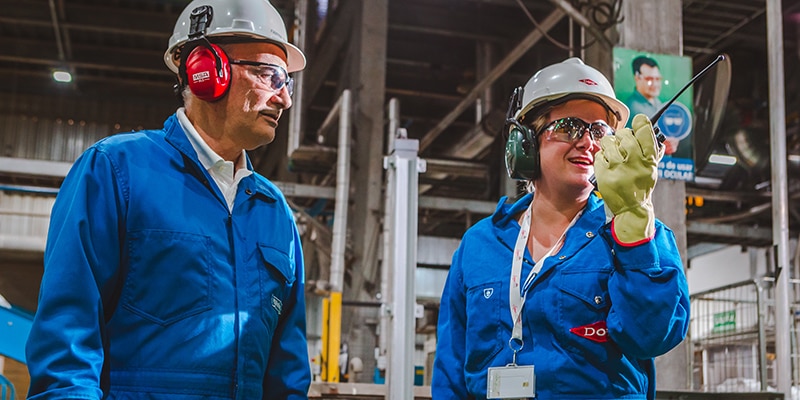In December 2010, the Union of India filed a civil Curative Petition in the India Supreme Court against The Dow Chemical Company (TDCC), Union Carbide Corporation (UCC) and others. A Curative Petition is a seldom-used procedural device in India’s legal system designed for rare and narrowly defined situations to correct judgments entered as a result of a procedural judicial error. The only proper parties to such a petition are those who were parties to the original judgment. The government’s Curative Petition was filed to enhance the 1989 settlement agreement negotiated by the Union of India with UCC and Union Carbide India Limited (UCIL) to settle all claims arising from the 1984 Bhopal gas disaster, and the Supreme Court judgment approving that settlement.
Along with UCC, TDCC opposed this attempt to reopen the legal settlement. TDCC also argued that, because it has no connection to the Bhopal incident — it did not become a shareholder in UCC until 2001, more than 16 years after the event and 12 years after UCC and UCIL had settled the matter with the full approval of the India Supreme Court — it should not have been party to any legal proceeding concerning Bhopal. Further, because TDCC does not conduct business directly in India, the court lacks jurisdiction over it in the Curative Petition matter.
After holding a hearing on the Curative Petition in January 2023, the Indian Supreme Court on March 14 of the same year agreed with UCC and TDCC and dismissed the Curative Petition, officially ending the legal matter. The five-judge bench concluded, "We believe this would not be the appropriate course of action or method to impose a greater liability on the UCC than it initially agreed to bear."
The ruling noted that the Union of India itself had previously argued that the original settlement amount was sufficient; that the government had been “unable to furnish any rationale for raking up this issue more than two decades after the incident” and that its request had “no foundations in any known legal principle.” Stating that the Union of India had been given clear responsibility to provide any additional funds if it determined they were needed, the ruling also accused the government of “gross negligence” in not obtaining insurance policies as directed by an earlier court ruling.

